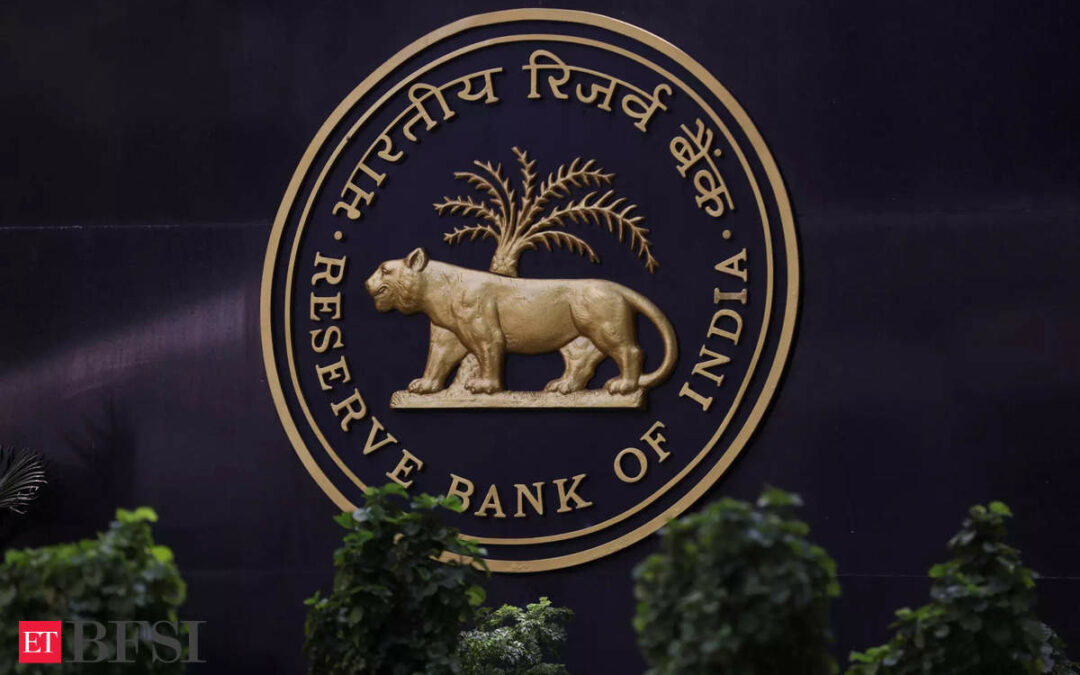The recently released minutes of the Reserve Bank of India’s Monetary Policy Committee meeting have stoked speculations about a rate hike by the central bank in its October meeting to control inflation.
However, the Union finance minister Nirmala Sitharaman has batted against rate hikes saying that it is not the only option to tackle price rise.
The MPC minutes
Amid a resurgence of retail inflation in July-August, driven by a surge in vegetable prices, the Reserve Bank of India’s (RBI) rate-setting panel emphasised the critical need to closely monitor the situation. The risk of El Niño and uneven rainfall patterns further underscore the importance of vigilance.
Though it is anticipated that the situation will rectify itself swiftly with the arrival of fresh crops, potential risks to both food and overall inflation persist due to factors such as El Niño conditions, volatile global food prices, and erratic monsoon distribution. RBI Governor Shaktikanta Das, speaking at the recent Monetary Policy Committee meeting, stated, “All these factors require thorough monitoring.”
The Monetary Policy Committee, consisting of three members from the central bank and an equal number of external members, convened between August 8-10. They unanimously decided to maintain the benchmark repurchase rate (repo) at 6.50 percent. The committee retained its stance on the “withdrawal of accommodation,” but Governor Das adopted a hawkish tone, stressing the need for headline inflation to sustainably drop below 4 percent. He cautioned that if high inflation continues for an extended period, further action might become necessary.
In response to pressures from food prices, the RBI increased its inflation projection for the current fiscal year, ending in March 2024, to 5.4 percent from the previous 5.1 percent. Notably, the forecast for the July-September quarter escalated to 6.2 percent from the earlier estimate of 5.2 percent.
Governor Das acknowledged that while short-term shocks from vegetable prices could be overlooked in monetary policy decisions, the RBI must remain prepared to counteract any secondary effects that might contribute to broader inflation pressures.
What economists say
The sudden surge in vegetable prices is typically transitory in nature; such price spikes tend not to endure over extended periods. Generally, what follows a phase of elevated food prices is a subsequent decline, often within a few months. This correction is influenced by supply-side interventions, often driven by seasonal factors. In the present context, the government has already taken some measures to rein in the abrupt escalation in prices of commodities like tomatoes. The Reserve Bank of India (RBI) doesn’t possess direct control over supply-induced price surges. Its realm of influence primarily lies in managing demand by adjusting the cost of borrowing. Experts say it might be prudent for the central bank to adopt a wait-and-see approach, observing the trajectory of vegetable prices in the forthcoming months and evaluating the effectiveness of earlier measures.
Also, core inflation, a key measure watched by economists, has remained well-contained. In a year-on-year analysis, core inflation has even receded to five percent, partly owing to the influence of the base effect. This marks the fifth consecutive month that core inflation has maintained a level below six percent. If core inflation continues its anticipated downward trajectory, it could provide the rate-setting panel with a higher level of reassurance.
Also, the growth has been flailing with the industrial output of India expanding by a modest 3.7 percent in June, a three-month low. Raising interest rates at this juncture could potentially disrupt the incipient momentum of economic resurgence—an outcome that the government is keen to avoid.
Given the backdrop, experts see the RBI maintaining a status quo in October even as inflation readings for the months of August, September, and October will be key.










